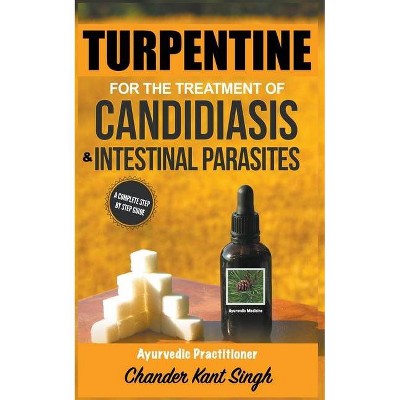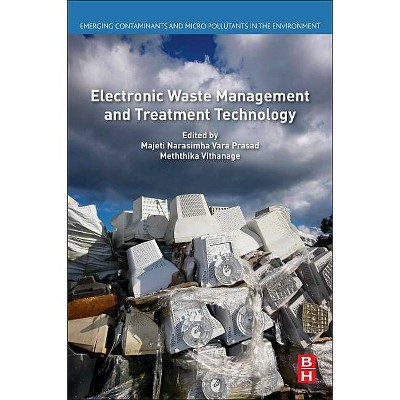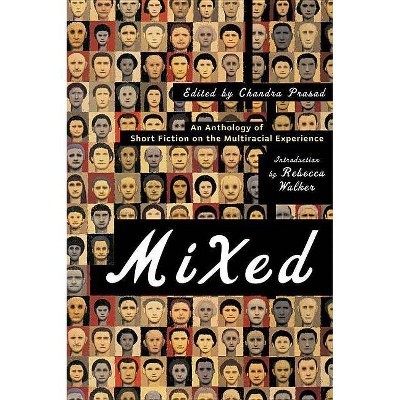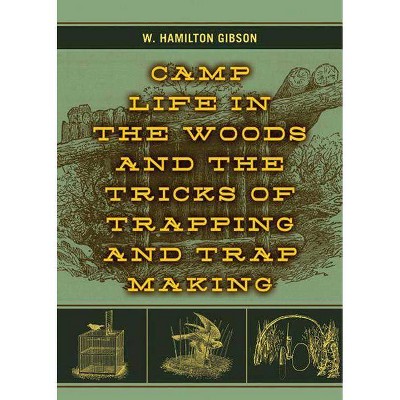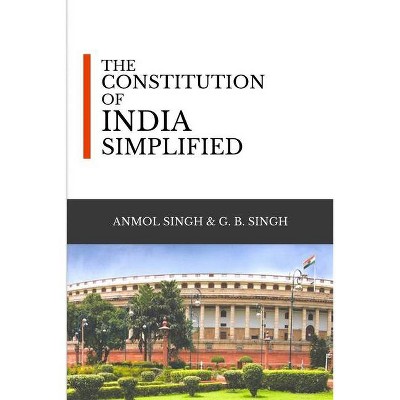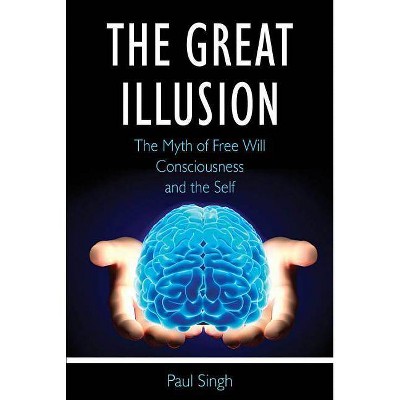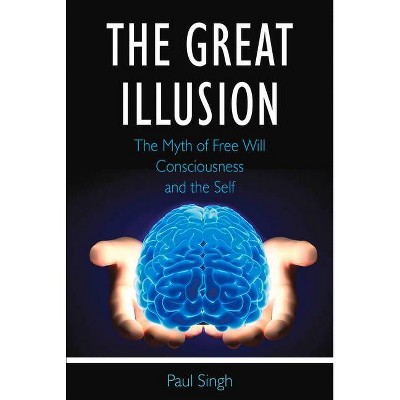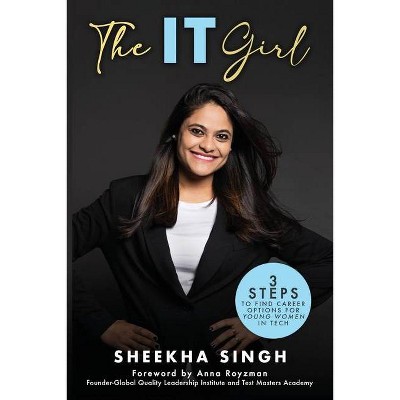The Treatment Trap - by Rosemary Gibson & Janardan Prasad Singh (Paperback)
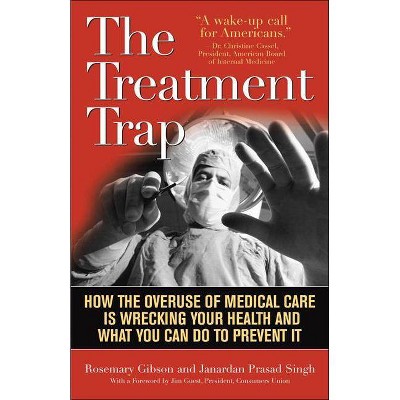
Similar Products
Products of same category from the store
AllProduct info
<p/><br></br><p><b> About the Book </b></p></br></br>With health reform enacted by the Congress and signed by the President, the subject matter of The Treatment Trap is a compelling component in the national debate. Taking advantage of Rosemary Gibson's knowledge gleaned from extended experience in the field of medical care and Janardan Singh's similar knowledge but from a financial perspective, the authors explore the most neglected issue in American medicine today: the overuse of medical care, including needless surgery and other invasive procedures, out-of-control x-ray imaging, profligate testing, and other wasteful practices that have become routine among too many American doctors. Their combined reporting and analysis concentrates on the human aspects of this disturbing trend in health care, with personal experiences that reflect poorly on hospitals as well as physicians. They show how money spent for questionable and even useless care is diverting major funds that could be better used to treat patients who are genuinely sick and sometimes cannot afford the extravagant charges of the American health-care system. Their suggestions for reforming the delivery of health care, and their cautions to individual consumers about how to deal with situations they may encounter, make The Treatment Trap essential reading for medical care consumers, health-care professionals, and policymakers alike.<p/><br></br><p><b> Review Quotes </b></p></br></br><br>Consumer oriented and clearly written, this should prove useful as people increasingly take a more critical look at what health-care providers recommend.--Library Journal<br><br>Grants program director Gibson and World Bank economist Singh present a riveting case against the "more" culture of American medicine that is a natural development of the ideology that fueled the nation's settlement and frontier expansion but that, applied to health care, facilitates alarming results. When emphasis shifts from scientifically weighing risk against patients' potential medical benefit to maximizing health-care professionals' profits, consumers pay more for often unnecessary tests, treatments, and procedures, and they and the system suffer. Medical overuse occurs because it can. Doctors' autonomy within "a self-sealed system" keeps scrutiny at bay, leading to the overemphasis of dire prognoses and the domino effects of extra testing despite the increased likelihood of false positives and NIH warnings about the carcinogenicity of X-rays. And the affects of medical overuse for the sake of money aren't only physical. A disproportionately frightening diagnosis "changes your view of your body and your life," one research scientist says. Including an appendix of "Twenty Smart Ways to Protect Yourself," this compelling argument may attract plenty of attention.--Booklist<br><br>Here's a book that might do more than health reform to get readers to question doctors' recommendations for medical procedures. Gibson and Singh, who together broached the subject earlier in Wall of Silence, offer tales of patients who have been horrifically--sometimes fatally--ill-advised by doctors to have unnecessary medical procedures with unexpected complications. One man went for knee replacement surgery to ease his aching legs and died of a heart attack; a fireman was subjected to unnecessary heart bypass surgery; and a South Carolina teen died from complications of an unsafe but slickly marketed new procedure for a mild case of a condition called funnel chest. These cases are numerous and shocking. The solutions are less obvious. The authors cite experts who say the problem is systemic--doctors get paid for procedures--but suggest that patients can protect themselves by becoming informed consumers. These warnings are a welcome guide in a process that too often depends on a patient's leap of faith.--Publishers Weekly<br><br>The Treatment Trap is beautifully written--clear and direct, filled with facts bookended by stories of people caught and harmed by the system and the doctors they had trusted completely....The Treatment Trap is the canary in the mine for the medical profession.--Oncology Times<br><br>The Treatment Trap" is co-authored by Rosemary Gibson, who long worked at the Robert Wood Johnson Foundation on health-care quality and safety issues, and by Janardan Prad Singh, an economist at the World Bank whose previous work has concentrated on the same area. Together, they have produced a well-told, well-researched catalog of horrors about people killed and maimed by tests and operations they didn't need. Theirs is not the first popular account of the dangers of over-treatment, but it updates a story that cannot be told often enough, and in a way that can serve as a useful consumer guide to anyone contemplating a course of treatment. Good to know, for example, that one-third of all heart bypass surgeries are unnecessary or that there is virtually no evidence to support surgery for back pain. The authors are particularly effective in pointing out that much going on in the name of prevention and diagnosis is wasteful or harmful. ....The secrets we keep in health care, whether it's the results of drug company tests that failed or all the data contained in lost and scattered paper medical records, come at a great cost to medical progress.--The Washington Post<br><br>This book exposes medical hucksterism and debunks the myth that more is better.... Recommended.--CHOICE<br><br>Through a series of compelling stories in their readable book, Gibson and Singh show the effect of too much doctoring, including some stories that show assertive patients rejecting treatments they believed to be unnecessary.--Health Affairs<br><p/><br></br><p><b> About the Author </b></p></br></br>Rosemary Gibson is senior program officer at the Robert Wood Johnson Foundation, where for thirteen years she has directed hundreds of millions of dollars in grants aimed at improving end-of-life care. Janardan Prasad Singh is an economist at the World Bank and has written extensively on health care, social policy, and economic development. The authors have also collaborated on Wall of Silence, a book of narratives about medical error.
Price History
Price Archive shows prices from various stores, lets you see history and find the cheapest. There is no actual sale on the website. For all support, inquiry and suggestion messagescommunication@pricearchive.us

